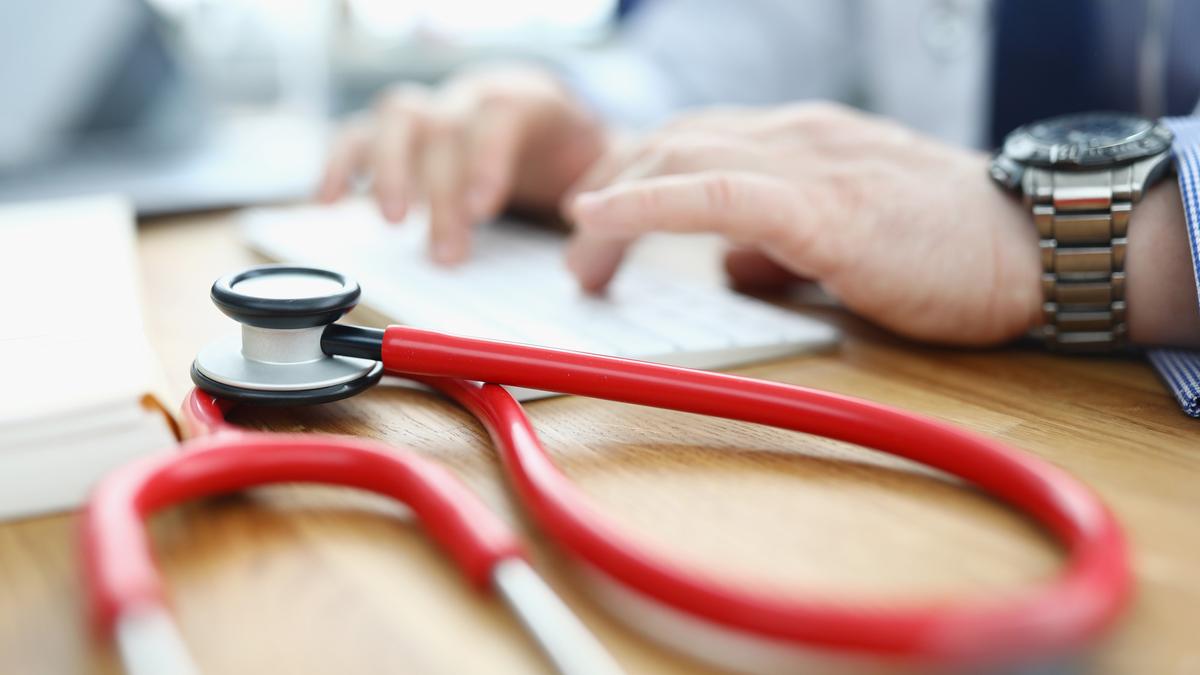Copyright timesnownews

Bobby Deol recently revealed he has completely given up alcohol — a change in his life and health he describes as one of the most transformative decisions he took. The 56-year-old actor called sobriety a turning point that has brought him balance and clarity. “Yes, I have, and it has really helped me,” Bobby said in an interview with Bombay Times, when asked about quitting. “Everyone is genetically different, and no one realizes how any kind of intoxication can affect you. And some people have those genes where you get addicted to things,” Bobby added. Bobby, who is now kind of having a second innings in the film industry with the praise he got for his recent project, admitted that quitting drinking was not just a lifestyle change but a spiritual one as well. “You don’t get these kinds of chances in life. The voice has to come from within. I think I’m a better person after I stopped drinking, and I think my relationship has become a hundred times better with everyone I know.” What happens when you quit drinking alcohol? Doctors say alcohol plays a major role in more than half of all serious trauma injuries and deaths, but also scars you and your loved ones for life. According to studies, those involved in drinking also develop mental health issues over time, apart from physical problems like heart issues, liver cirrhosis, and kidney failure. So, when you decide to quit drinking for good, you will notice a few changes in your physical and mental health, which start right away. After a week of not drinking at all, you would experience: A healthier heart While it is popularly believed that a regular glass of red wine may be good for your heart, doctors say it is simply not true. Not drinking or quitting helps lower your blood pressure, levels of triglycerides, and even chances of heart failure in the long run. Heals your liver Alcohol directly affects your liver, whose job is to filter toxins. Since alcohol is extremely toxic to your body, drinking takes a big toll on the organs and causes fatty liver, cirrhosis, and other issues, which are irreversible. However, your liver can repair itself and even regenerate once you stop. Weight loss Alcohol is high in calories, which are mostly empty ones, as alcohol ramps up your appetite. It also makes you more impulsive and less able to resist junk and fried foods. So, when you stay away from alcohol, the number on your scale may well start moving down. Lowers the risk of cancer Alcohol significantly ups your chances of several types of cancers, which include esophagus, mouth, throat, and breast cancers. According to doctors, alcohol consumption increases inflammation in your body, which causes cancer. Regulates sleep It is a myth that those who drink can sleep better, as they only pass out for some time and, in the long run, face sleep disruptions, which can even lead to insomnia. Alcohol also disrupts the important REM stage of sleep and may interfere with your breathing. You also may need to get up more often to pee. Try skipping alcohol for more restful shut-eye.



